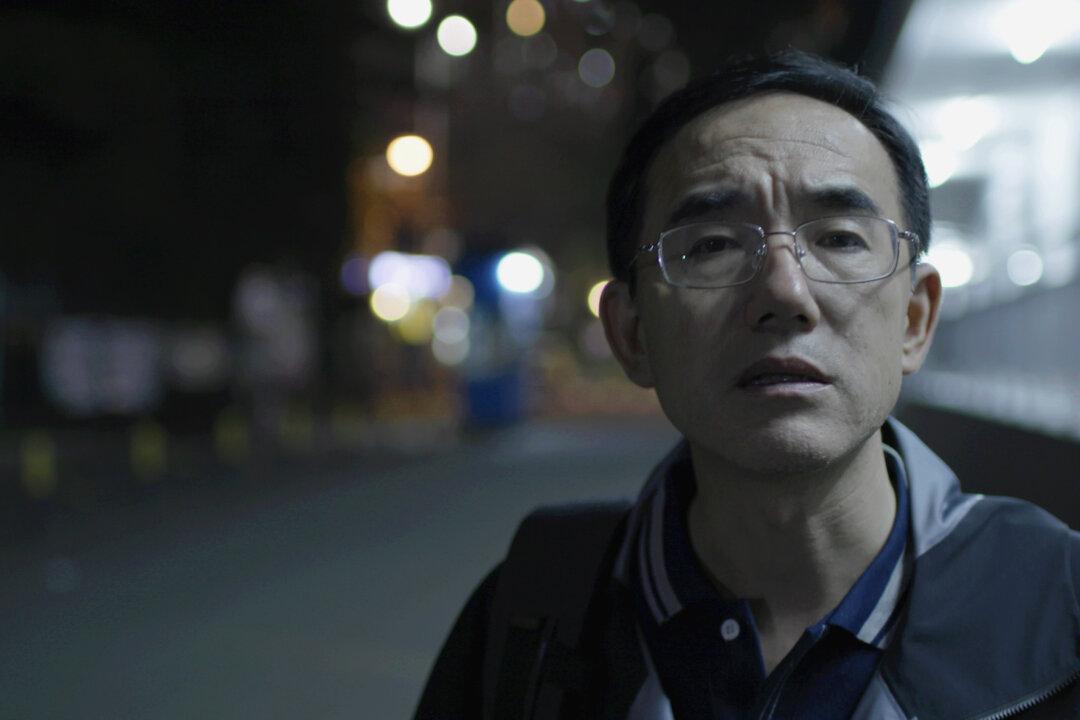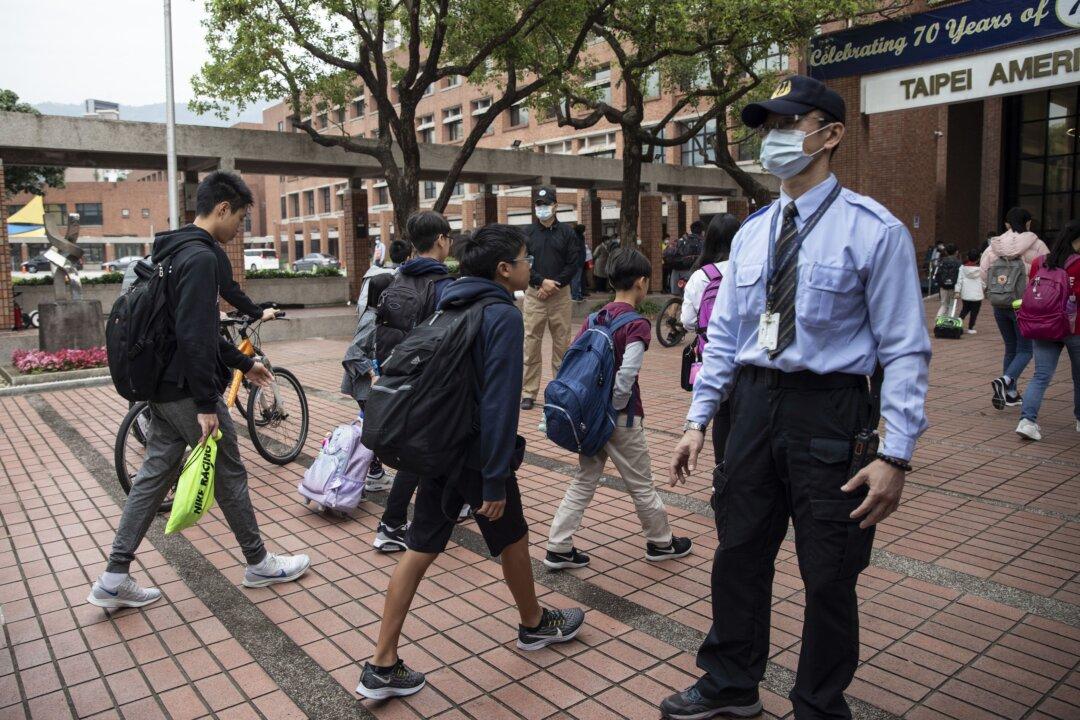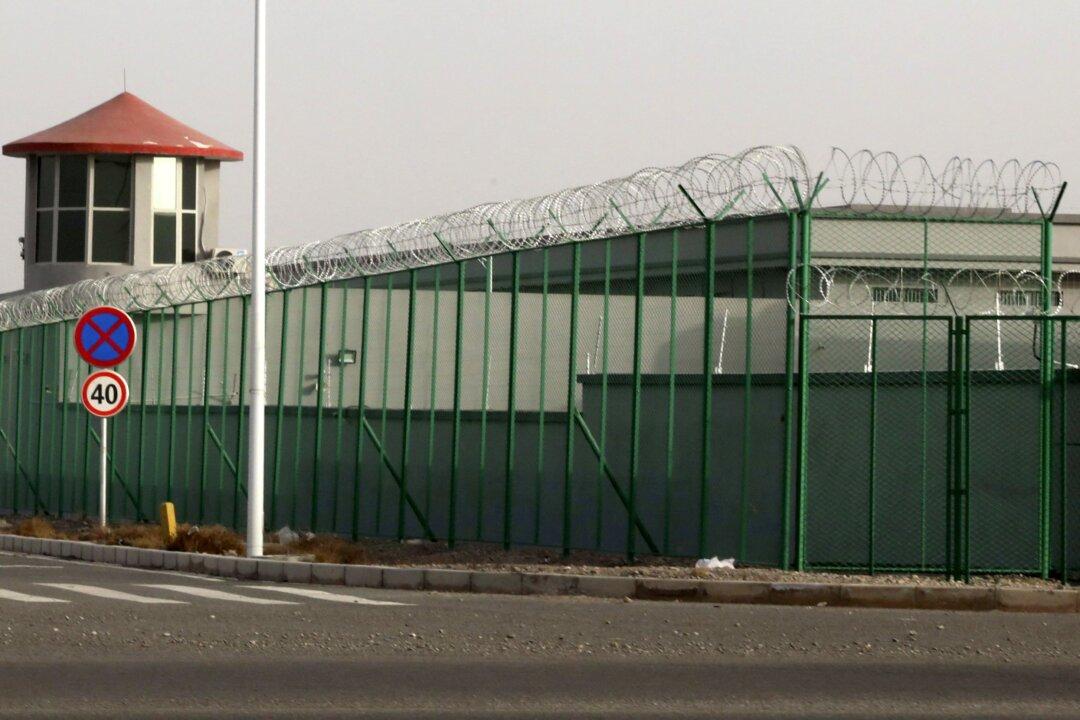The award-winning documentary film “Letter from Masanjia” tells the true story of the extraordinary courage and hope of a man named Sun Yi, despite the unimaginable horrors he endured as a prisoner of conscience in a forced labor camp.
The film, by Vancouver-based director Leon Lee, also exposes the human suffering behind products made by forced Chinese prison labor that end up on store shelves in countries such as the United States and Canada.





